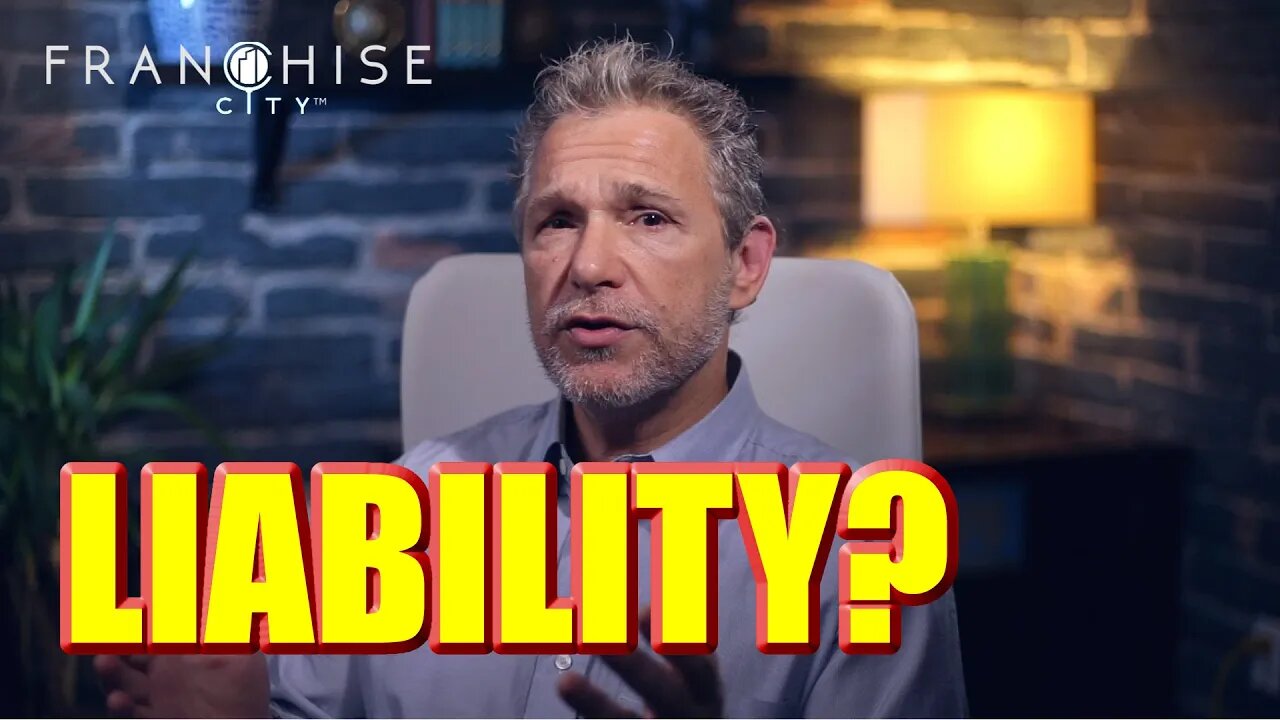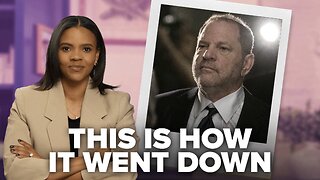Premium Only Content

Buying a Business? 8 things you NEED to Know
Buying a business can end up costing more than you think! We look at 8 top considerations when buying an existing business.
Undeclared cash benefits. You are looking at a business and the owner tells you the business makes much more money than they disclose. The owner claims he puts at least $1000 a week cash into his pocket that he does not tell the government about. Liquor and convenience stores are notorious for this. Firstly, this deal is already shady do you want to continue knowing that you will have to break the law to make money. If so, you can make an offer conditional on verification of income, ask to work in the store with them for a week or two. If the owner refuses they are likely exaggerating the earnings. If so, you can watch the money coming in and validate if what they are saying is true.
Asset or share sale? When you buy a business it can be either a share sale or an asset sale, where you are just purchasing the assets. From a buyers perspective an asset sale is much safer because that original business, and all its liabilities cease to exist when you take over and you are starting a new business. A share sale, which is often preferred by sellers due to tax advantages like capital gains exemptions, means you also inherit any outstanding liabilities. This can be debts to suppliers or employees, or even lawsuits. For example the construction company you buy built a deck 5 years ago that collapses and injures 5 people AFTER you own the business. Unless you get a letter of indemnity if you bought the entire company you will be liable for anything that happened while that business was operating. Now in some cases, like a licensed restaurant or nightclub where the local government approves a limited number of licenses per year, you may have to do a share sale to keep that license, but keep in mind you will be inheriting all their debts and liabilities. We covered this in greater detail in our top 3 dangers of buying a business with no money down video, link above and at the end of this video.
Customer base. Always ask about the customer base. If the business you are buying has 90% of its revenue coming from one single customer, and you lose that customer, there goes your business. And some sellers, when they hear they might be losing a key contract in the future, will try and dump the business. Determine the customer base, and if it is top heavy over a few customers, realize that you might be exposed if you lose those contracts.
Non compete agreement? This is a document that states the owner will not engage in the same business within a certain period of time. This is especially important with an online business. If you buy this business and the owner, who knows exactly how they built that business, know exactly who the customers are, is now your competition, that will have a major negative impact on your revenue.
Employees - what is the tenure, turnover and attrition. Look at how long employees typically stay and ask if that is the type of business model you are interested in operating. Certain industries have much higher attrition and difficulty in hiring and retaining employees. Nurses and caregivers for example are always at a premium, the bureau of labor estimates these jobs will be in highest demand over the next decade. Minimum wage workers will always be a revolving door. sometimes when a business is for sale a key employee like a manager has recently left and can actually be the reason for the sale and while historical financial data might be strong, without the key employee could be much less.
Accounts receivable. In many businesses there will be money still owed to the business when you take over - will you be responsible for collecting the debts? If so keep in mind some of these customers won't pay, so you should discount that amount when you make the offer.
Rent or Leasing - when does the lease expire? Is the landlord willing to extend the lease? Sometimes when owners are notified by their landlord of a big pending increase in the rent, they realize they wont be profitable and decides to sell the business instead. Rent may be $4000 a month now, but what if it goes up to $8,000 when you take over. You need to find that out by speaking with the leasing agent or landlord.
Training - provided by owner - will they stay on for 2 months or more to help you ramp up? As part of the offer you can agree to have the owner stay on for a period of time. Usually, but not always, if an owner will stick around for a few weeks they aren't going to do anything overly malicious, but you never know. Get it in writing the owner agrees to stay on to get you ramped up. If they arent willing to do so - red flag
If you need help finding and buying a business or franchise, Franchise City has resale businesses and new opportunities listings visit us at:
https://www.franchise.city/
#franchisecity
-
 25:53
25:53
Stephen Gardner
5 hours ago🔥BREAKING: Trump HATING LAWYER busted in $17 million money laundering scheme!
8.82K69 -
 20:10
20:10
CartierFamily
11 hours agoAndrew Schulz DESTROYS Charlamagne’s WOKE Meltdown on DOGE & Elon Musk!
87.7K84 -
 33:56
33:56
The Why Files
9 days agoLegend of the 13 Crystal Skulls | From Mars to the Maya
40.6K37 -
 2:56:14
2:56:14
TimcastIRL
5 hours agoEPSTEIN Files DROP, FBI GOES ROGUE, AG Says They COVERED UP Epstein Case w/Amber Duke | Timcast IRL
152K69 -
 1:39:23
1:39:23
Kim Iversen
5 hours ago"Canada's Trump" Is Trudeau’s Worst Nightmare: Is Maxime Bernier the Future of Canada?
54.2K64 -
 DVR
DVR
Bannons War Room
10 days agoWarRoom Live
2.65M446 -
 16:06
16:06
The Rubin Report
12 hours agoProof the Islamist Threat in England Can No Longer Be Ignored | Winston Marshall
72.6K75 -
 2:07:07
2:07:07
Robert Gouveia
9 hours agoFBI Files Coverup! Bondi FURIOUS; SCOTUS Stops Judge; Special Counsel; FBI Does
94.7K79 -
 56:15
56:15
Candace Show Podcast
9 hours agoBREAKING: My FIRST Prison Phone Call With Harvey Weinstein | Candace Ep 153
153K109 -
 1:56:39
1:56:39
Flyover Conservatives
8 hours agoROBIN D. BULLOCK | Prophetic Warning: 2030 Is Up for Grabs – If We Don’t Act Now, Disaster Awaits! | FOC SHOW
46K8